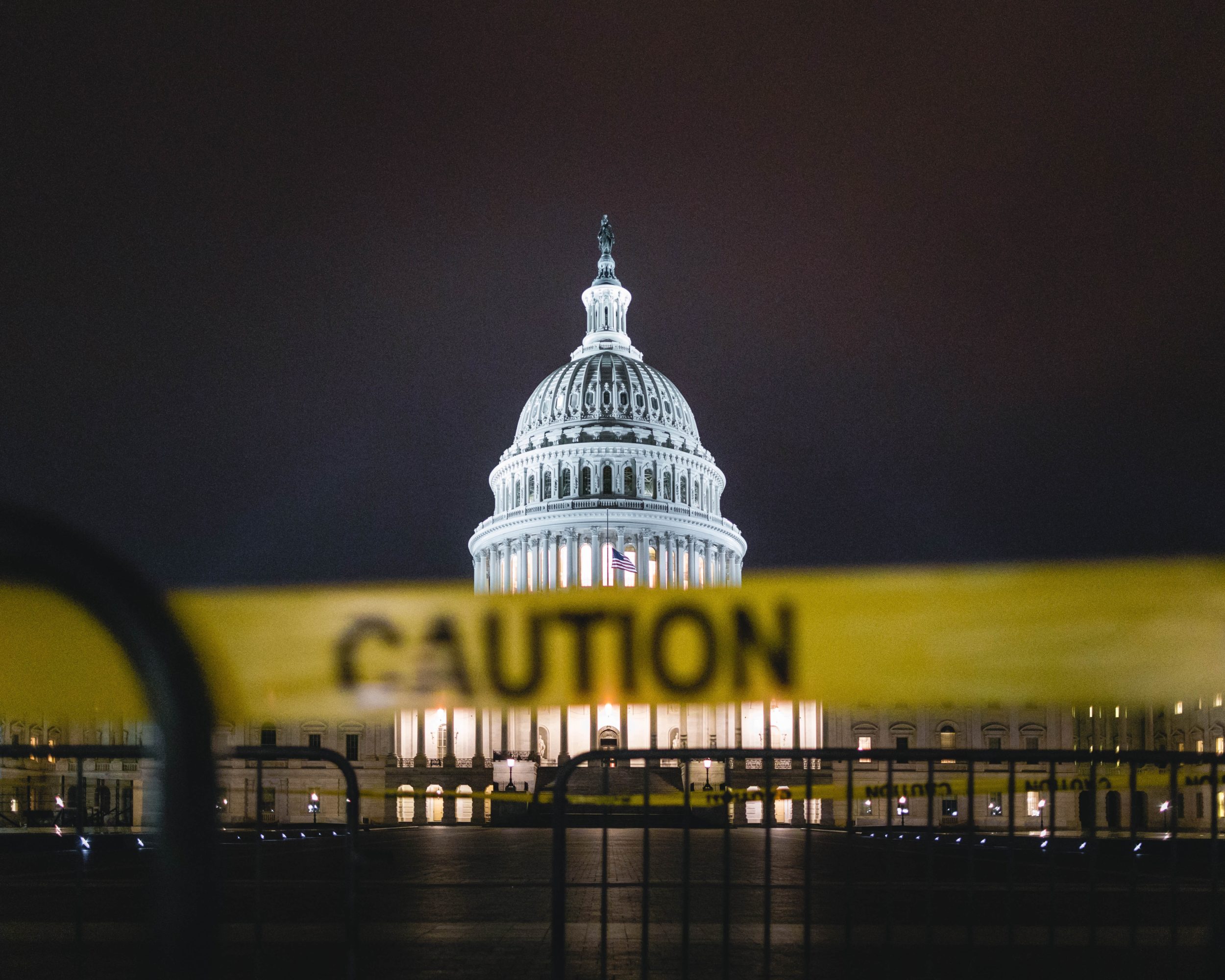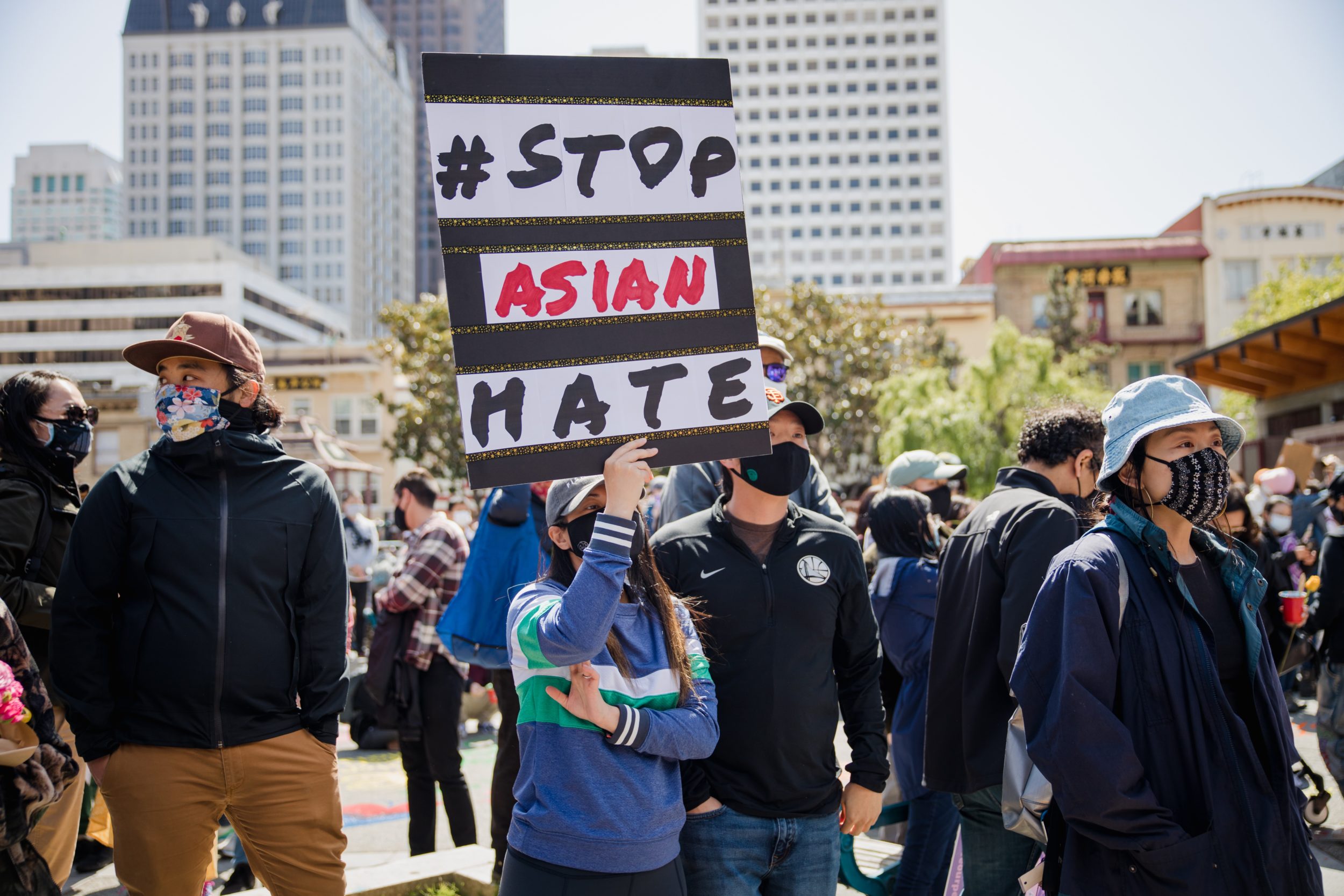A dire future for democracy lurks when the country’s institutions fail to properly function amid global crisis, especially if it threatens the very basic rights that the people have flourished under for so long.
What does it entail to be a truly democratic society? What should Americans be able to expect from their government when something unprecedented rocks the world?
Over the past few decades, America has continuously been one of, if not, the strongest democratic country in the world. However, this view has been vastly tainted during the Trump presidency and especially after the January 6th insurrection in the Capitol. It was almost like the pandemic could not have come at a worse time.
Upon the arrival of COVID-19, there was hope that this pandemic will bring an opportunity for the leaders of this country to demonstrate unity and strengthen institutions in response to a global public health threat. However, the optimism soon dissipated as the government’s reaction did nothing but widened the gap in society and suffocated the public’s trust in governmental institutions as the people are constantly bombarded with a cocktail of misinformation and politicization.
COVID-19 represents a fresh existential nemesis to the American people as there’s one thing that Americans truly treasure, and it is their absolute freedom, which had to be suppressed by the government due to public health safety concerns. The ability to go out on your own volition have always been a right in America but now that it’s taken away by quarantine and mask mandates, the people are fighting against it, neglecting to consider the fact that this is a classic case of prisoner’s dilemma.
In addition to a nationwide resistance on the new mandates, a new version of an old problem arises. As the former President Trump put all the blame on China for the pandemic and continued act of police brutality against African Americans, there has never been a greater divide between races in America. The rate of hate crimes against Asians sky-rocketed and still continues until now, 2 years later. This big of a divide in a nation as solid as America can be considered one of the biggest setbacks in democracy in recent years.
This is not an issue that is exclusively imperative to America. In March 2020, Hungary’s parliament voted to give the ultimate power to Victor Orban, the Prime Minister, as he was then allowed to rule indefinitely by decree. Unfortunately, the COVID-19 crisis has created a major opportunity for politicians to exploit the public’s trust to solidify power at home or pursue their interests internationally, which unfortunately means that leaders can further their own beliefs regardless of possible prejudice against a certain group of people. While this will pose a much more volatile threat to countries with stern leaders, America’s political state is almost in peril due to this crisis as well.
On the other hand, there might be a silver lining in the aftermath of this pandemic. As people are quarantined inside, more time is available to be updated on current events and this has sparked a major increase in political and social activism. Despite turmoil and complications on the implementation of COVID-19 safety measures, there has never been a higher voter turnout than in the 2020 U.S. presidential election in the past century. As of November 2020, 40% of the year’s protests in America had been related to COVID-19.
Upon analyzing the recent setbacks on democracy in America, it would be years before political analysts can accurately assess how big of an influence the coronavirus pandemic had over the country. However, it is safe to say that if American diplomacy and solidarity doesn’t prevail, once the pandemic is over, the world will be a much more unstable society with an increased risk of radical movements.



I really liked your blog post as it comes both the downsides and upsides of COVID-19 on democracy in the US. There has been a lot of social media activism since the pandemic first started but at the same time, more issues that have risen alongside it. How do you think the transition back into normalcy will affect democracy and activism?
This piece’s discussion of COVID-19 and how it threatens American democracy is an important area of focus and one that will surely receive more attention as we learn to live with the pandemic. While you mainly focus on internal divisions and resistance to mask mandates, there is another way to view COVID-19 as a potential cause of democratic erosion. As discussed by political scientists Steven Levitsky and Daniel Ziblatt in How Democracies Die, national security crises can be utilized by the executive to expand their own power especially when citizens fear for their personal safety. American voters should be wary of any candidate, or incumbent, who seeks to use the ongoing national crisis to increase their personal or party power. While this has not been an obvious issue in the U.S., at least in the public sphere of knowledge, it has led to an increase in state-led surveillance in China.